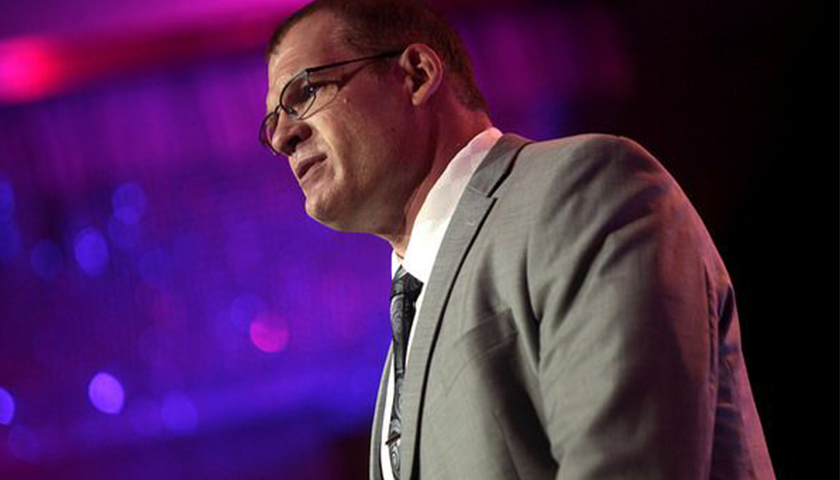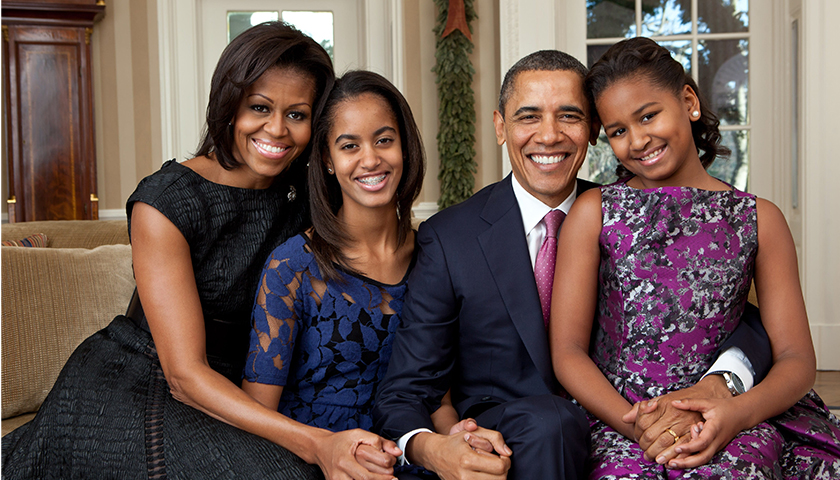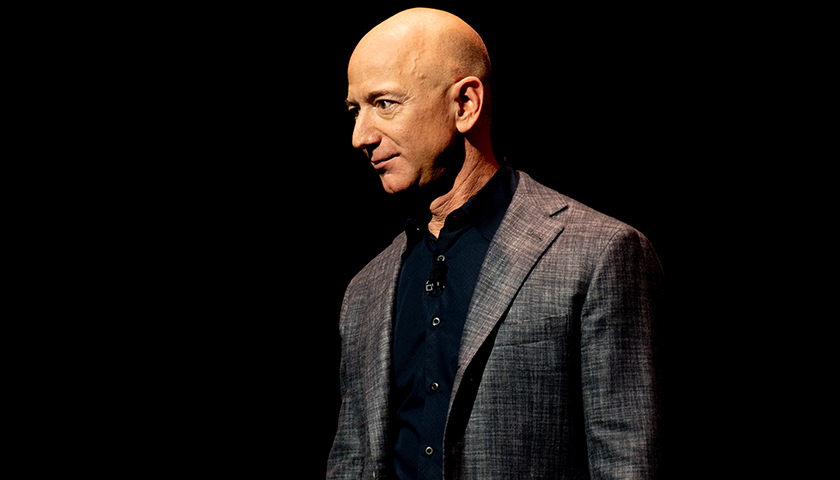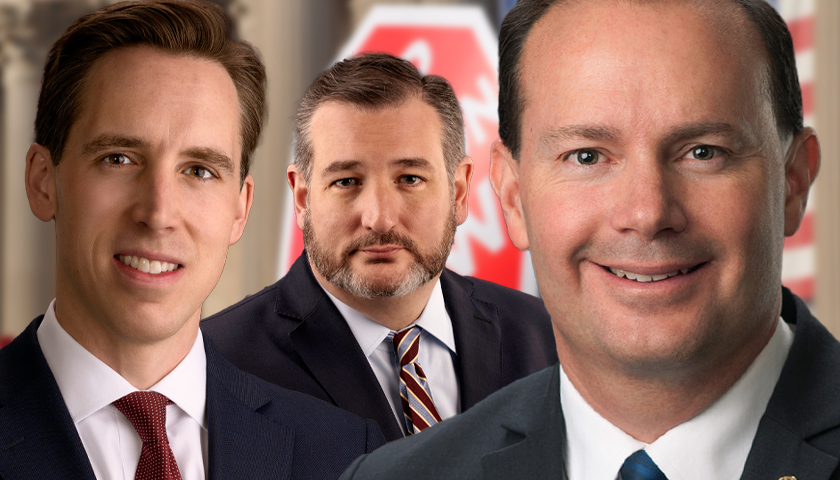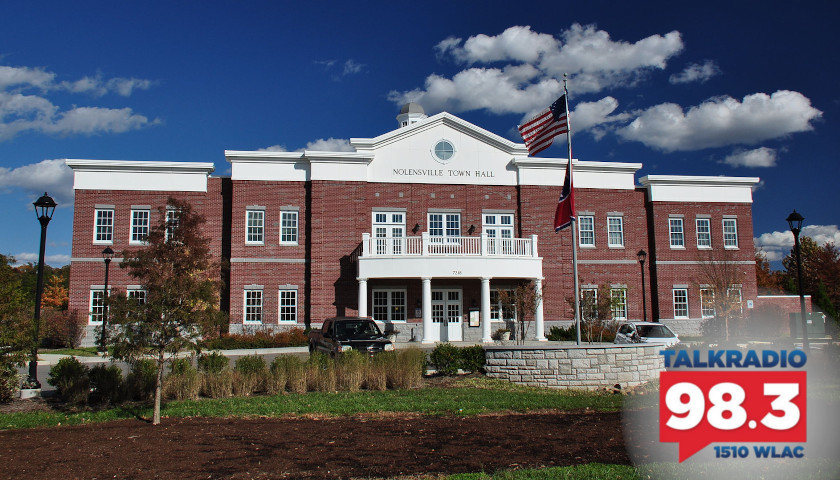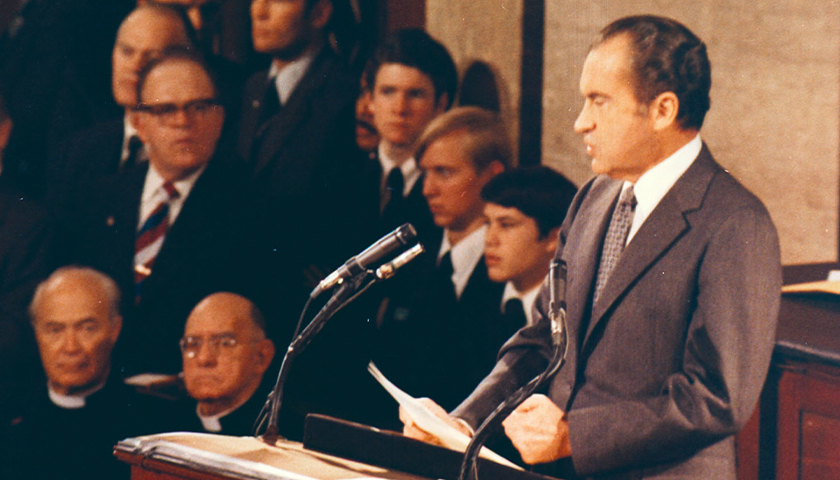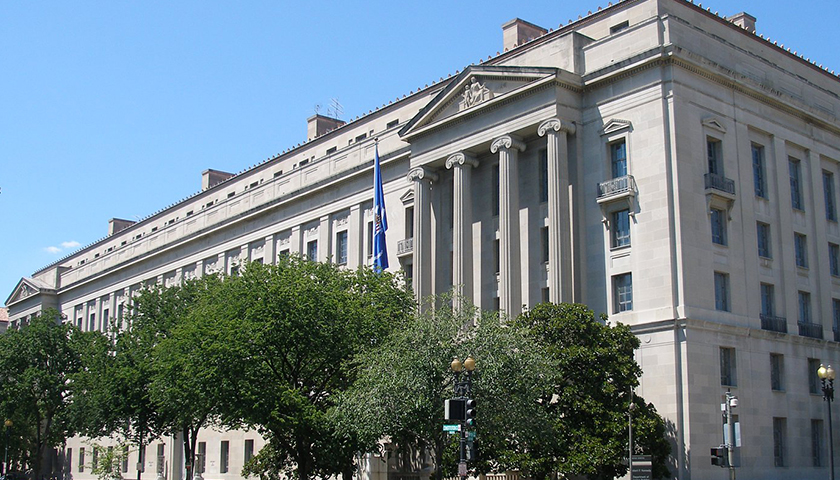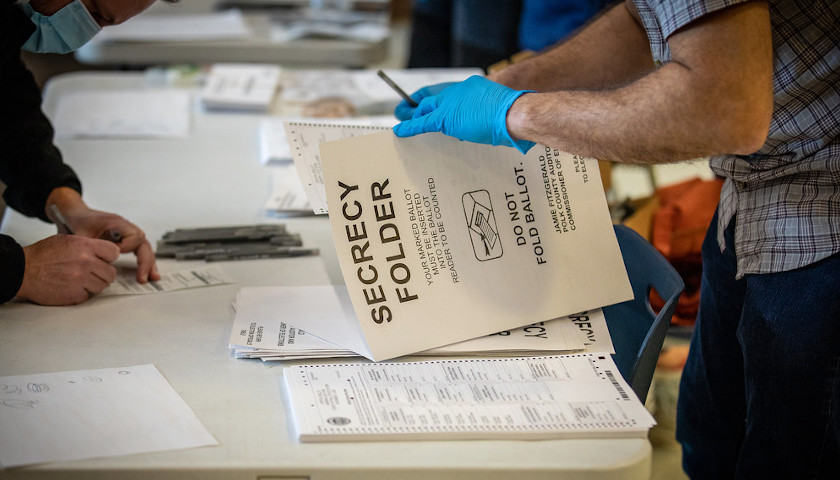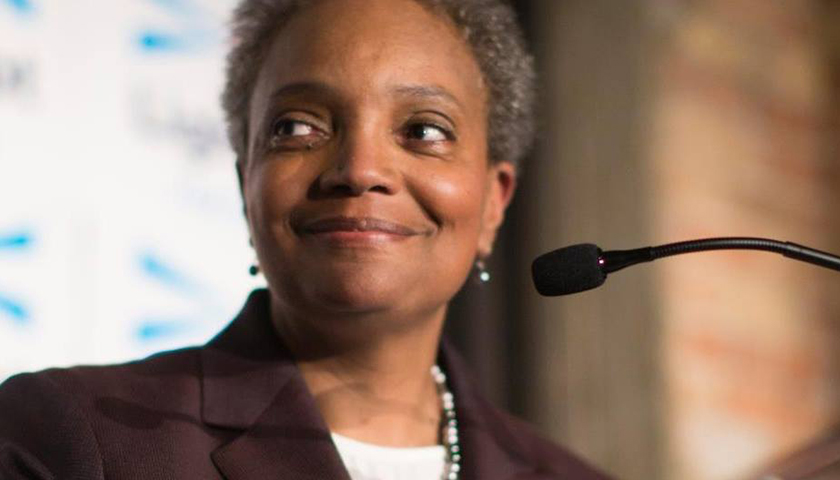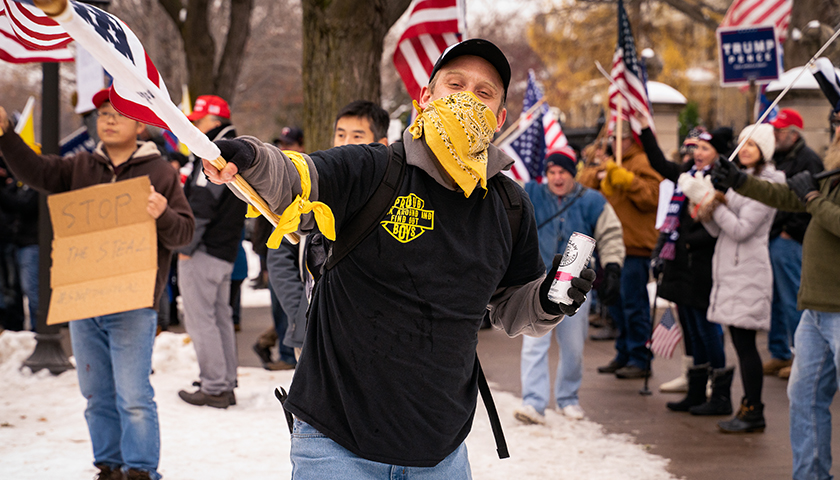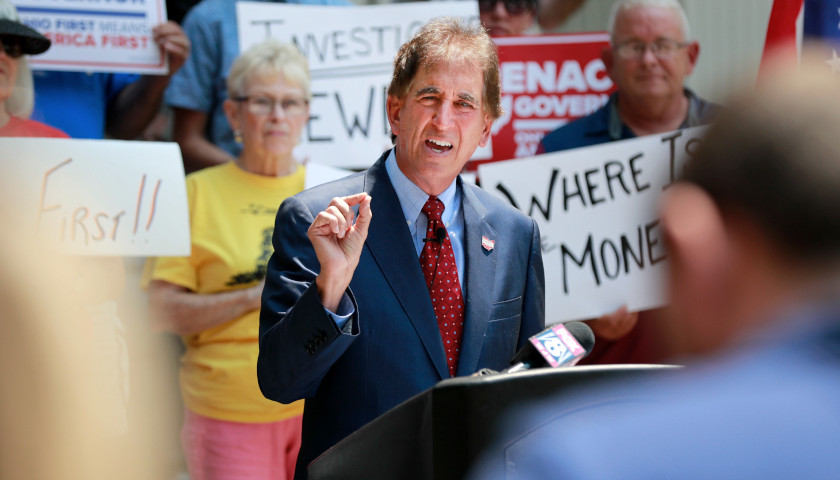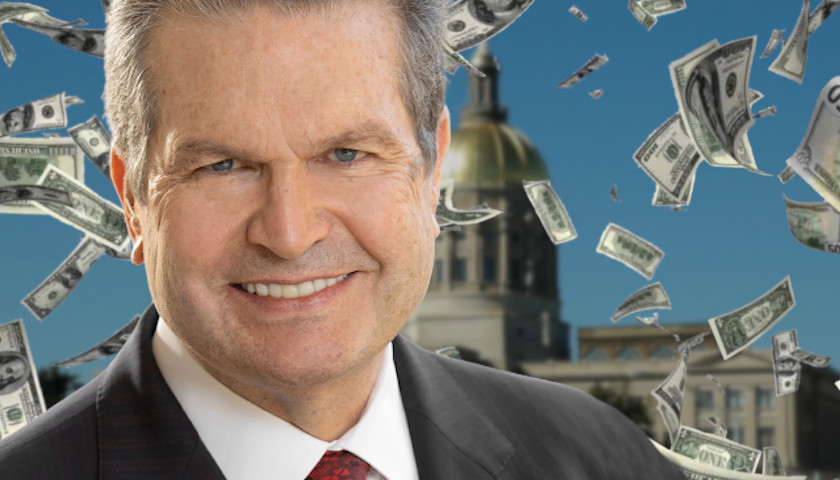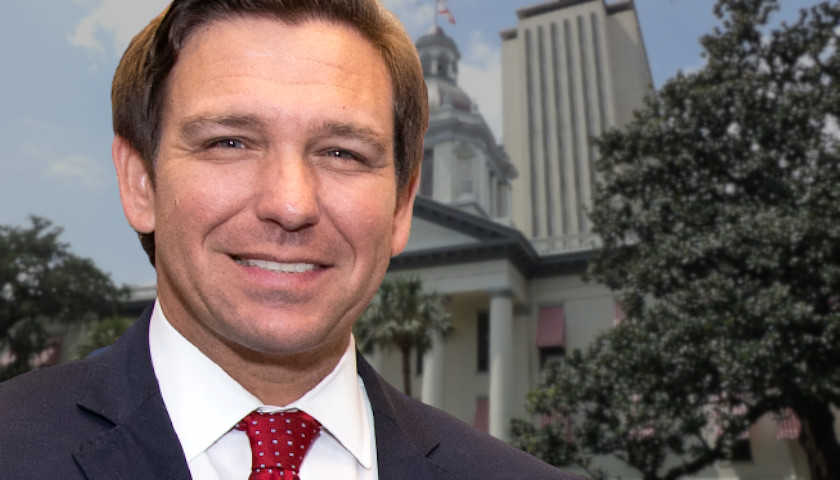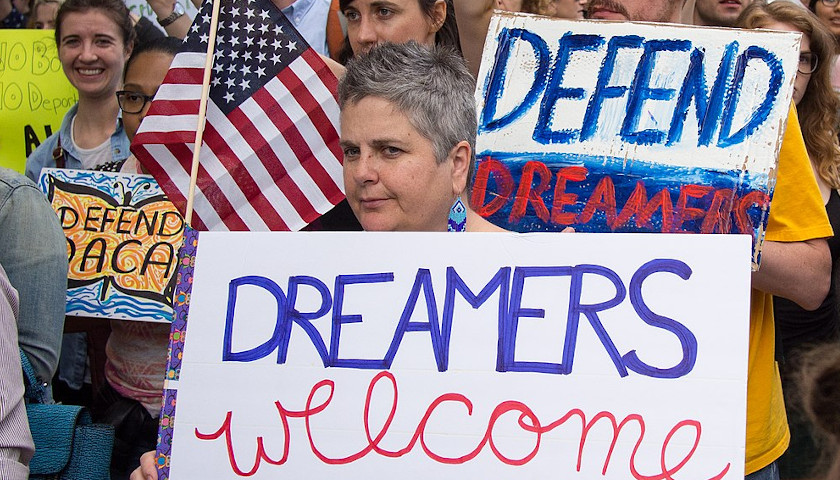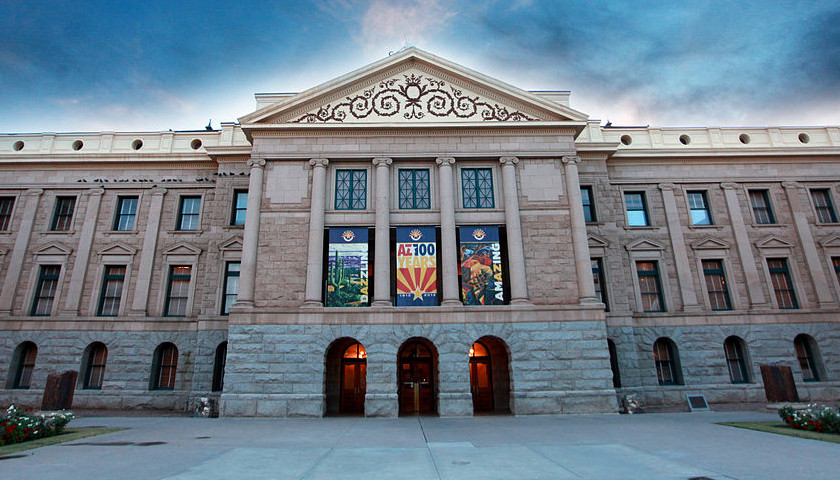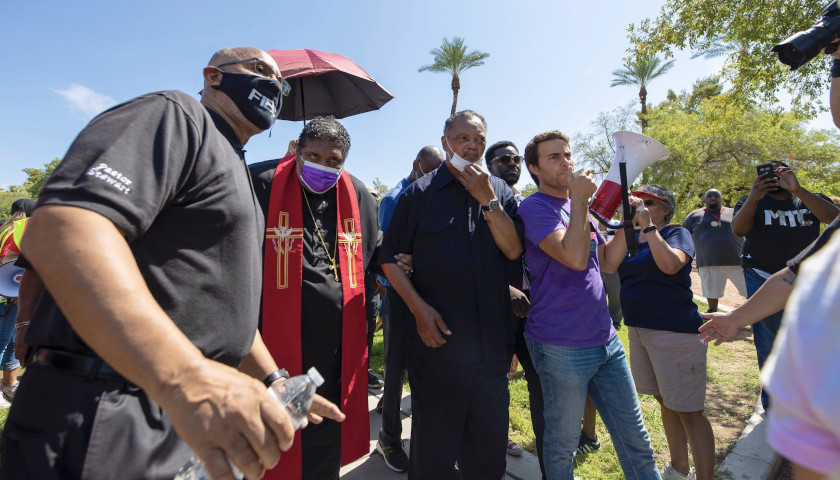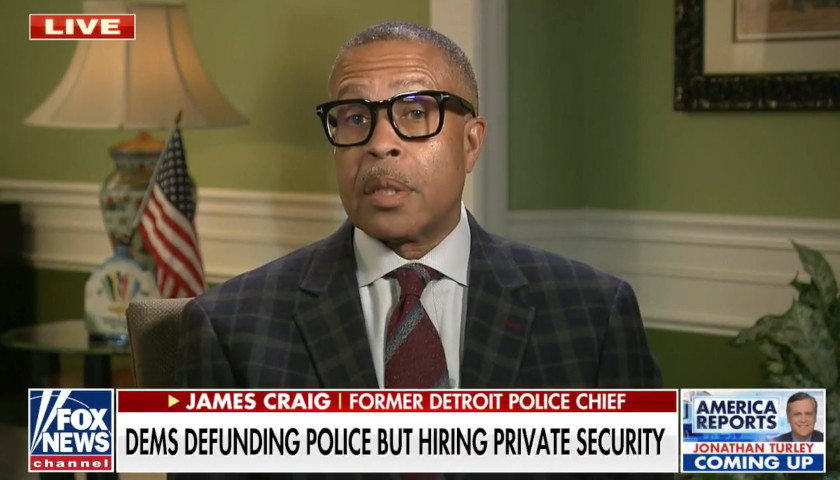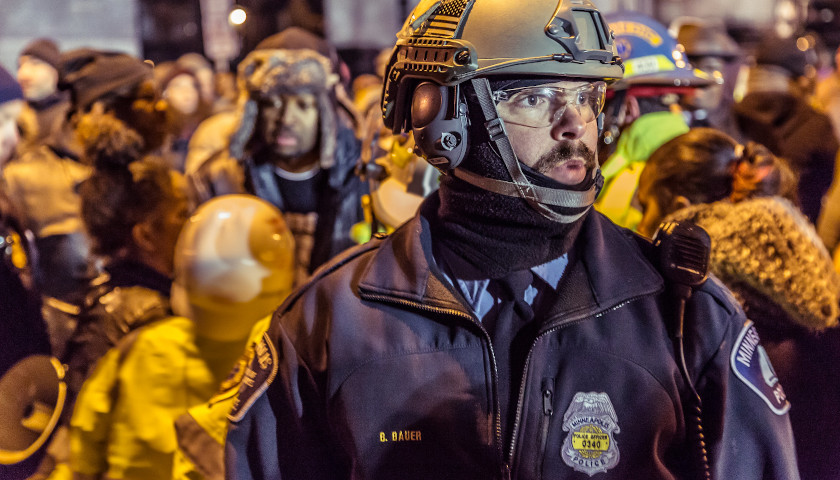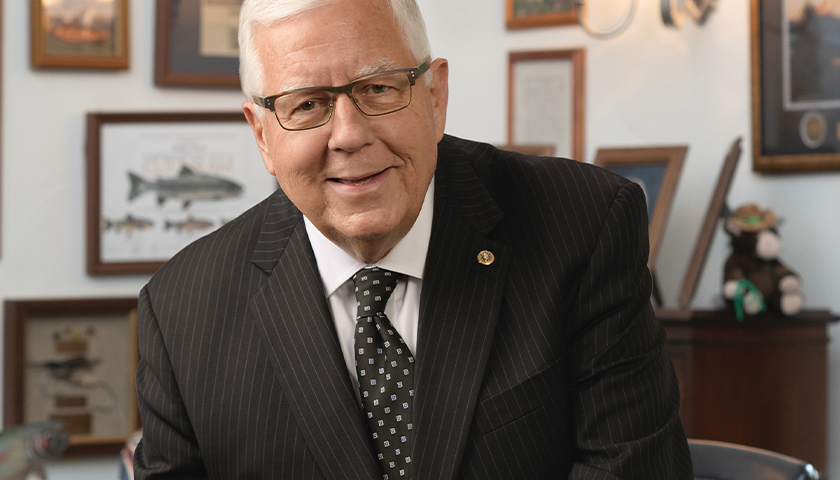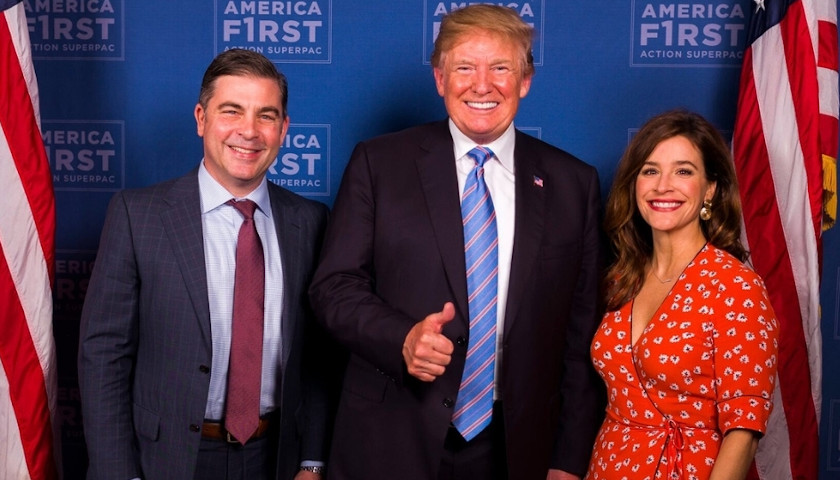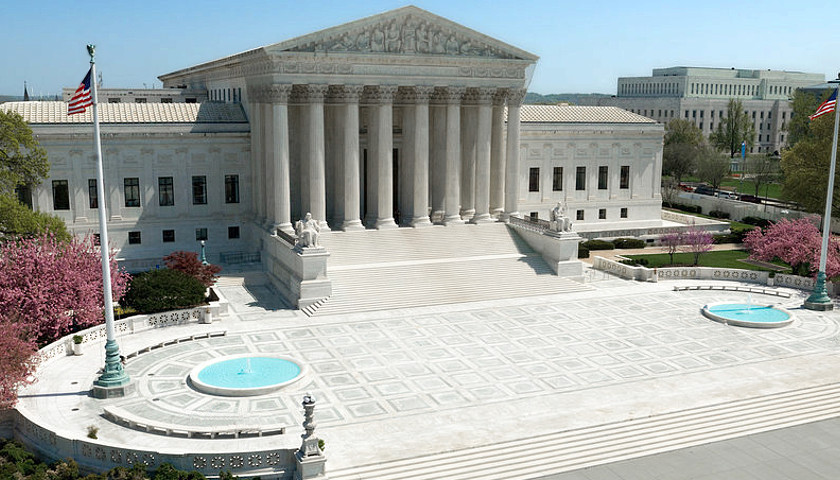As the 50th anniversary of the 1972 election approaches, it is time to reconsider the Watergate controversy that preceded and ultimately partially undid it. I’ve just completed a review for the New Criterion of Michael Dobbs’ new book about Watergate, King Richard. The book repeats endlessly, without any attempt at substantiation, that the Nixon presidency came apart and was righteously legally assaulted because of the infamous “cover-up” consisting mainly in the “hush money” Nixon authorized to be paid to Watergate defendants in order to “keep them quiet.” Once again, and as always, not one whit of evidence was presented in support of the argument that Nixon authorized these payments for any such purpose. It has passed into the universal history of the modern world that he did, but he always denied it. So did some of the defendants, and an exhaustive examination of the very extensive tapes and documents permits a different interpretation.
To the end of his life, Nixon claimed that he authorized the payments in order to assist the defendants in paying their legal bills and taking care of their families. This was particularly urgent in the case of Howard Hunt, whose wife died in an airplane crash shortly after the Watergate affair began. Nixon foresaw the zeal of hostile prosecutors and he knew that any jury in the District of Columbia would be hostile to Republicans. Moreover, as an experienced lawyer, he certainly knew that any large payments to groups of defendants obviously in exchange for silence or false testimony would be an open-and-shut case of obstruction of justice, and would qualify as a high crime justifying his impeachment, removal as president, and subsequent criminal prosecution. Yet this allegation is the core both of the impeachment charge against Nixon in 1974 and of the popularly accepted and endlessly repeated Watergate saga.
It is certainly time that Richard Nixon received balanced historical treatment. He must, of course, take principal responsibility for the disgrace and embarrassment of Watergate; he permitted, and at times encouraged, a tawdry atmosphere within the White House in which legalities were often treated a bit casually and Nixon rather self-servingly applied the Truman-Eisenhower latitudinarian version of national interest and the president’s practically unlimited right to define it. These were terrible tactical errors and no one can deny that Nixon paid heavily for them. But against that, and despite the fact that he was the first president since Zachary Taylor in 1848 to take office with neither house of Congress in the hands of his own party, Nixon enjoyed one of the most successful single terms in the history of the U.S. presidency.
Read the full story

